Out of the circle! Fujian treasures shine on CCTV! And these, how much do you know?
Out of the circle! Shine CCTV! These treasures in Fujian can’t be hidden.
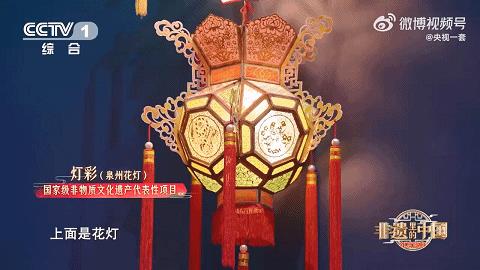
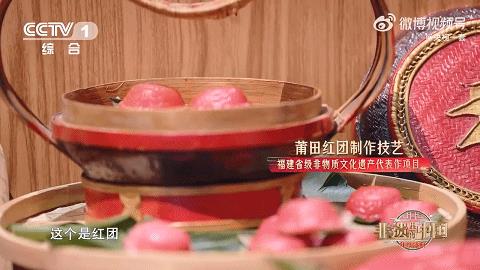
In the annual ceremony of "China in the Intangible Heritage" broadcasted by CCTV a few days ago, a number of representative items with Fujian characteristics were displayed, such as the custom of women in Beipu, lanterns (Quanzhou lanterns), Shoushan stone carving, inkpad making skills (Zhangzhou Babao inkpad), white tea making skills (Fuding white tea making skills) and so on.
How much do you know about them? Xiaobian helps you do your homework. Let’s take a look.
Women’s custom in Beipu
In 2008, the female custom of Liaopu was included in the national intangible cultural heritage list.
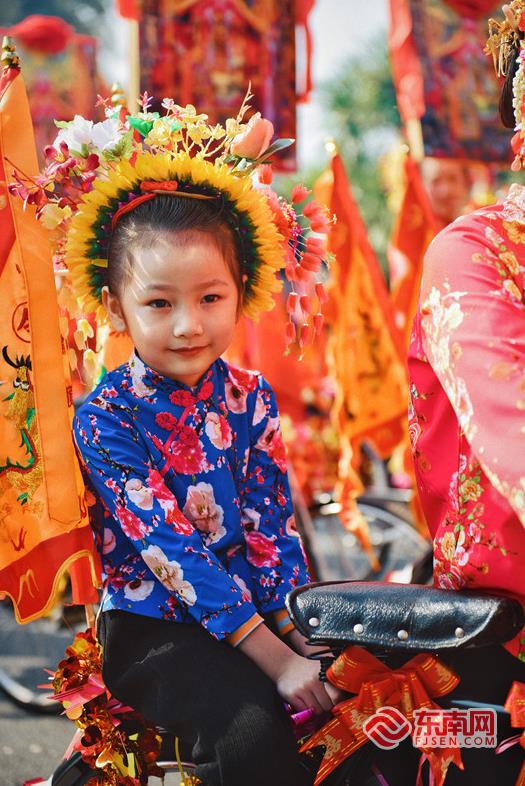 Qihuawei Southeast Network reporter Lin Yushe
Qihuawei Southeast Network reporter Lin Yushe
"In April, flowers are surrounded by flowers, and one hair pin weighs two" describes the flower headdress worn by women in Changpu —— "Hairpin Flower Surrounding", which is a highlight of women’s clothing in Changpu, and is also called "the garden above the head".
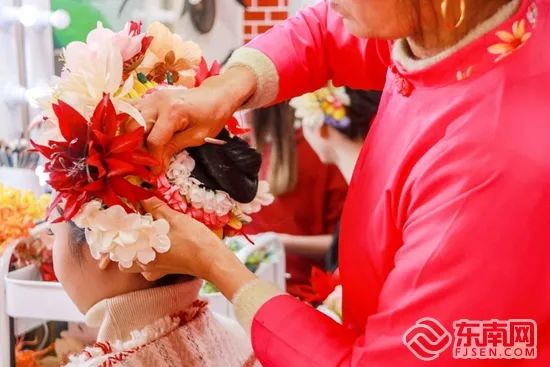 The hairpin flower shop is hairpin flowers for tourists. Photo courtesy of Propaganda Department of Fengze District Committee
The hairpin flower shop is hairpin flowers for tourists. Photo courtesy of Propaganda Department of Fengze District Committee
Put colorful chrysanthemums, magnolias and camellias all over your temples, put your hair behind your head, comb it into a bun, put gold and silver jewelry on it, and insert an ivory chopstick horizontally in the middle. In recent years, "Zanhua" has also attracted a large wave of stars to punch in!
Lantern Festival (Quanzhou Lantern Festival)
Quanzhou Lantern was listed in the first batch of national intangible cultural heritage list in May 2006.
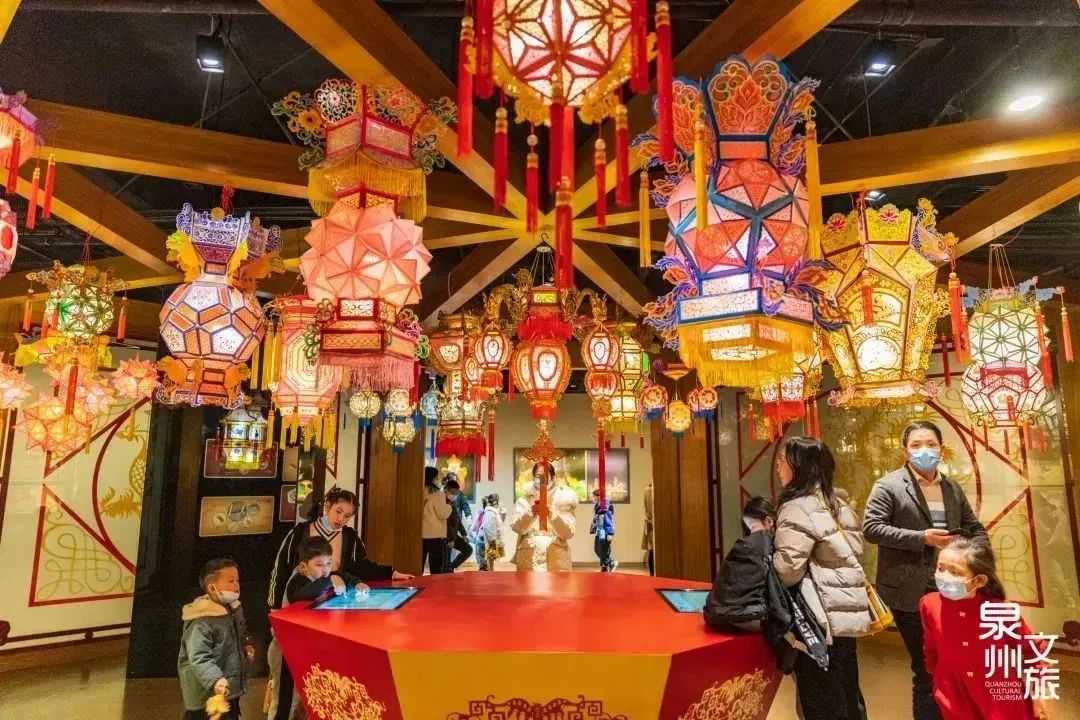 Source: Quanzhou Wenlv
Source: Quanzhou Wenlv
Quanzhou Lantern, with a long history, is a typical representative of Southern Lantern. Quanzhou Lantern integrates sculpture, painting, calligraphy, modeling, color matching and bleaching and dyeing, and is of great arts and crafts value.
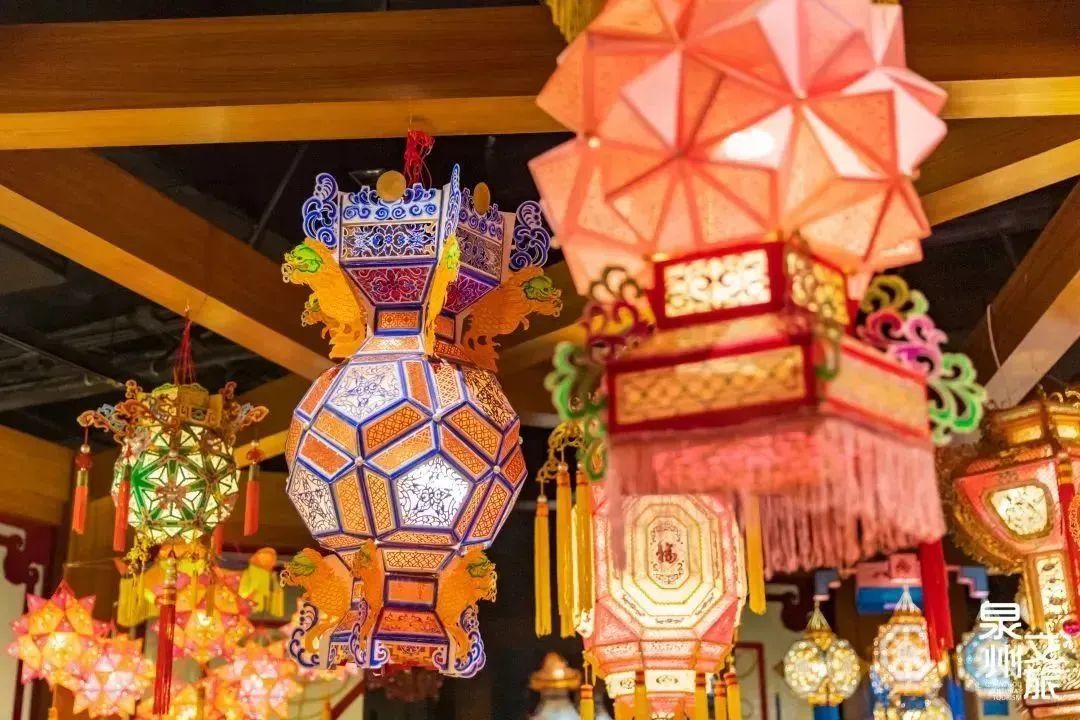 Quanzhou Lantern Source: Quanzhou Wenlv
Quanzhou Lantern Source: Quanzhou Wenlv
Quanzhou Lantern is famous for its unique carving paper, needling technology and wire inlay technology. When making the traditional Quanzhou Lantern "color-tied lamp", artists first tie bamboo sticks into the skeleton of the lamp by twisting paper, then glue the cut paper or silk cloth to the skeleton by spraying water, then paste lace, trace patterns and hang silk spikes, and it becomes a color-tied lamp.?
Woodcarving (Putian Woodcarving)
Putian woodcarving was listed in the national intangible cultural heritage list in May 2011.
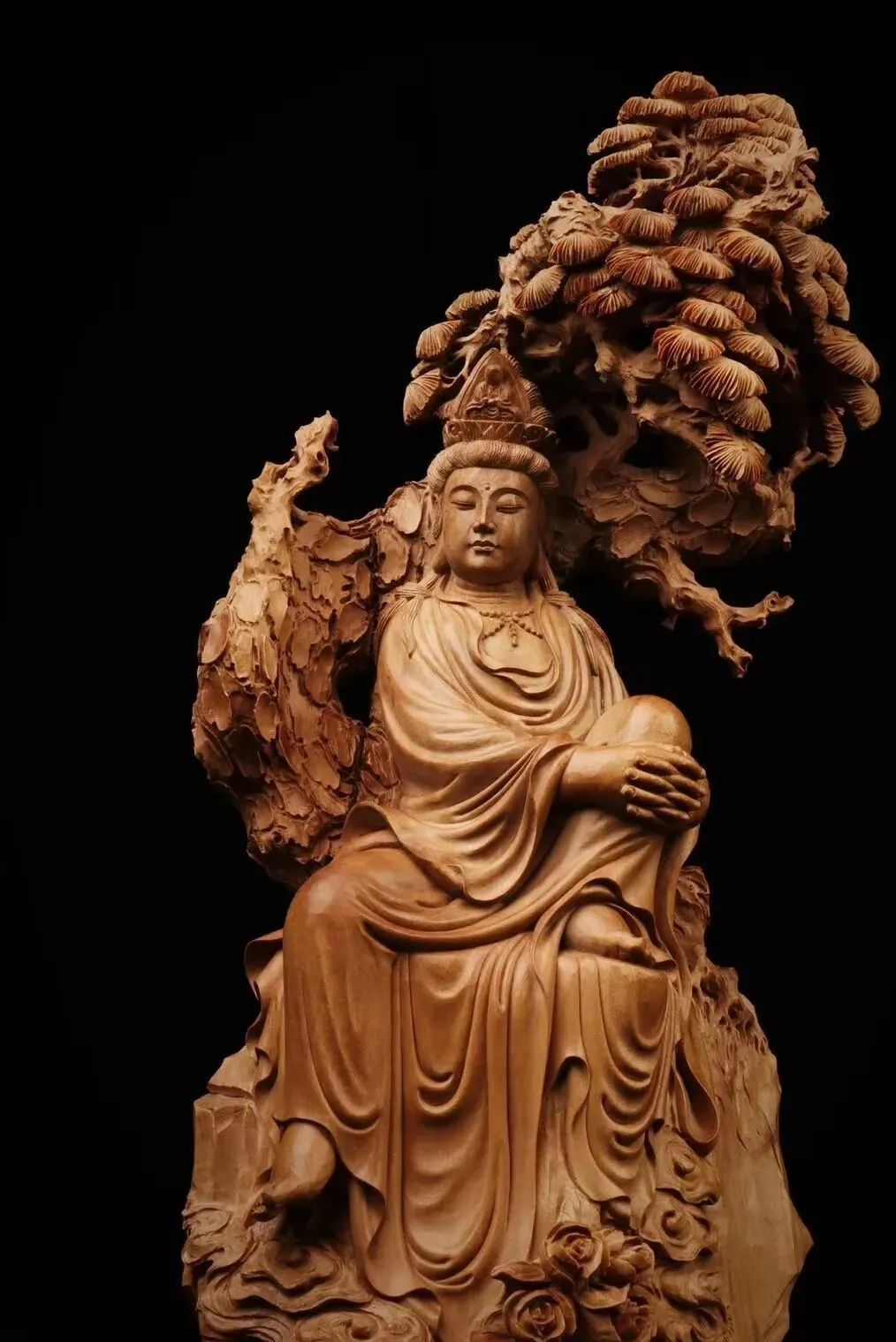 Putian Woodcarving Source: @ Putian Wenlv
Putian Woodcarving Source: @ Putian Wenlv
Putian woodcarving flourished in the Tang and Song Dynasties, flourished in the Ming and Qing Dynasties and rose in the contemporary era. It is one of the "Four Famous Carvings in China". Its carving art is superb, and its craftsmanship is unique in the world. It has the beauty of Kyoto court tools and calligraphy and painting techniques, and the simplicity, freshness and richness of the Qing and Ming Dynasties. The material is practical, ornamental, treasured and geomantic.
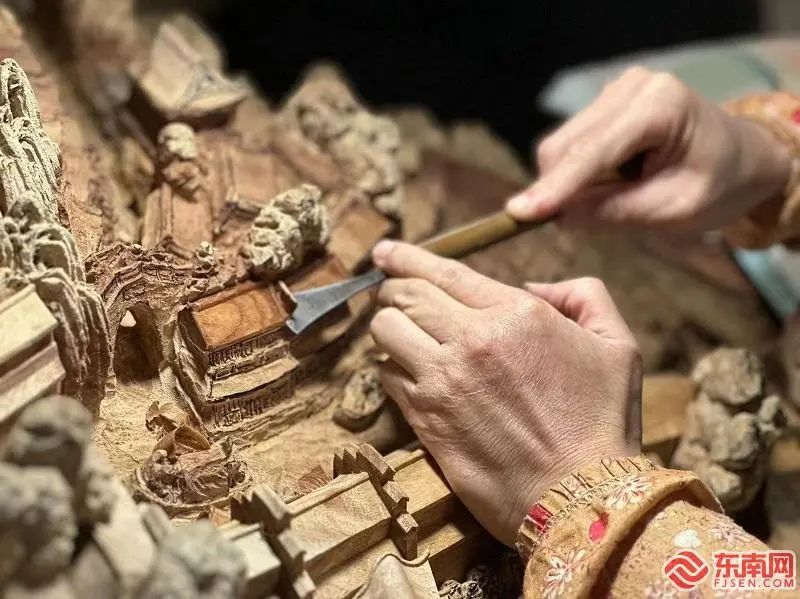 Exquisite carving, Southeast Network reporter Zhang Yilin photo
Exquisite carving, Southeast Network reporter Zhang Yilin photo
minor stone-carving of shoushan
Shoushan Stone Carving in Fuzhou was listed in the first batch of national intangible cultural heritage in May 2006.
In the Southern Dynasties, villagers in Shoushan Township, Fuzhou discovered this strange stone and named it after a place name. In the Song Dynasty, Shoushan Stone began to be widely used in sculpture and was listed as a tribute. Until the Qing Dynasty, Shoushan Stone went all the way to the peak, and only one emperor Qianlong had hundreds of Shoushan stone seals in his possession, which was really big!
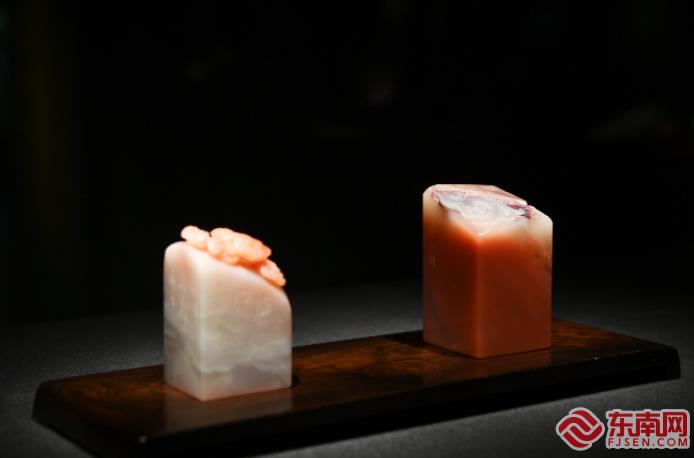 Exquisite Shoushan stone carving Southeast Network reporter Chen Nan photo
Exquisite Shoushan stone carving Southeast Network reporter Chen Nan photo
Shoushan stone carving is the crystallization of natural creation and the wisdom of artists. Through the continuous exploration of artists in past dynasties, it has accumulated rich carving techniques. As the saying goes, "a natural treasure lies in Fujian", which is such a touching stone. Who will debut if it doesn’t debut?
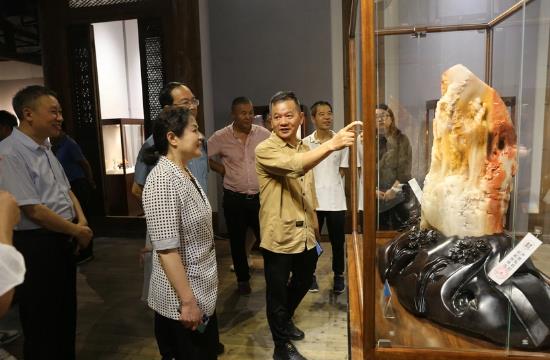 On August 3rd, 2023, "Yiyao Southeast-China Arts and Crafts Master (Fujian) Art Works Heritage Exhibition Linfei Heritage Site" was opened in the Provincial Strait Folk Art Museum. Lin Fei, a master of arts and crafts in China, introduced Shoushan stone carvings to the visitors. Photo courtesy of the organizer
On August 3rd, 2023, "Yiyao Southeast-China Arts and Crafts Master (Fujian) Art Works Heritage Exhibition Linfei Heritage Site" was opened in the Provincial Strait Folk Art Museum. Lin Fei, a master of arts and crafts in China, introduced Shoushan stone carvings to the visitors. Photo courtesy of the organizer
Inkjet making skill
(Zhangzhou babao inkpad)
Inkjet making skill (Zhangzhou Babao Inkjet) was listed in the second batch of national intangible cultural heritage on June 7, 2008.
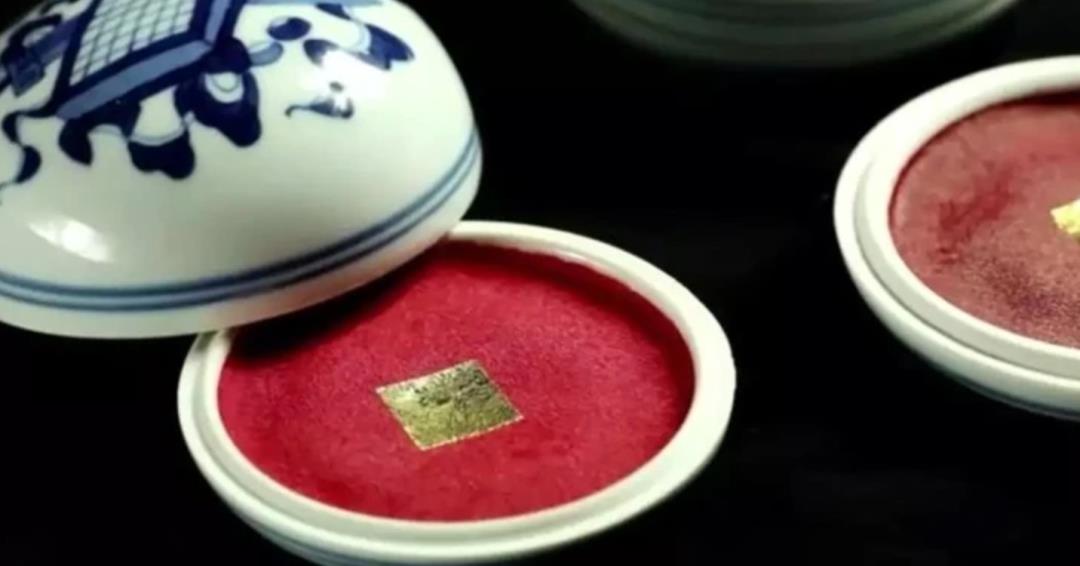
Fujian Zhangzhou babao inkpad (ancient name: printing meat and color) was founded in the twelfth year of Qing Emperor Kangxi (1673). The founder, Wei Pingsu, loves painting and calligraphy, and once used it for seal, it is bright and extraordinary, and the effect is very good. So on the basis of making ointment, he developed the "Eight Treasures Printing Color" to meet the market, which overcame the defects that it is easy to fall off and is not resistant to hiding when the seal is applied with honey in the past dynasties, and the literati was surprised by the different treasures.
Wrong gold and silver
"Wrong Gold and Silver" was listed in the fourth batch of national intangible cultural heritage representative projects in 2014.
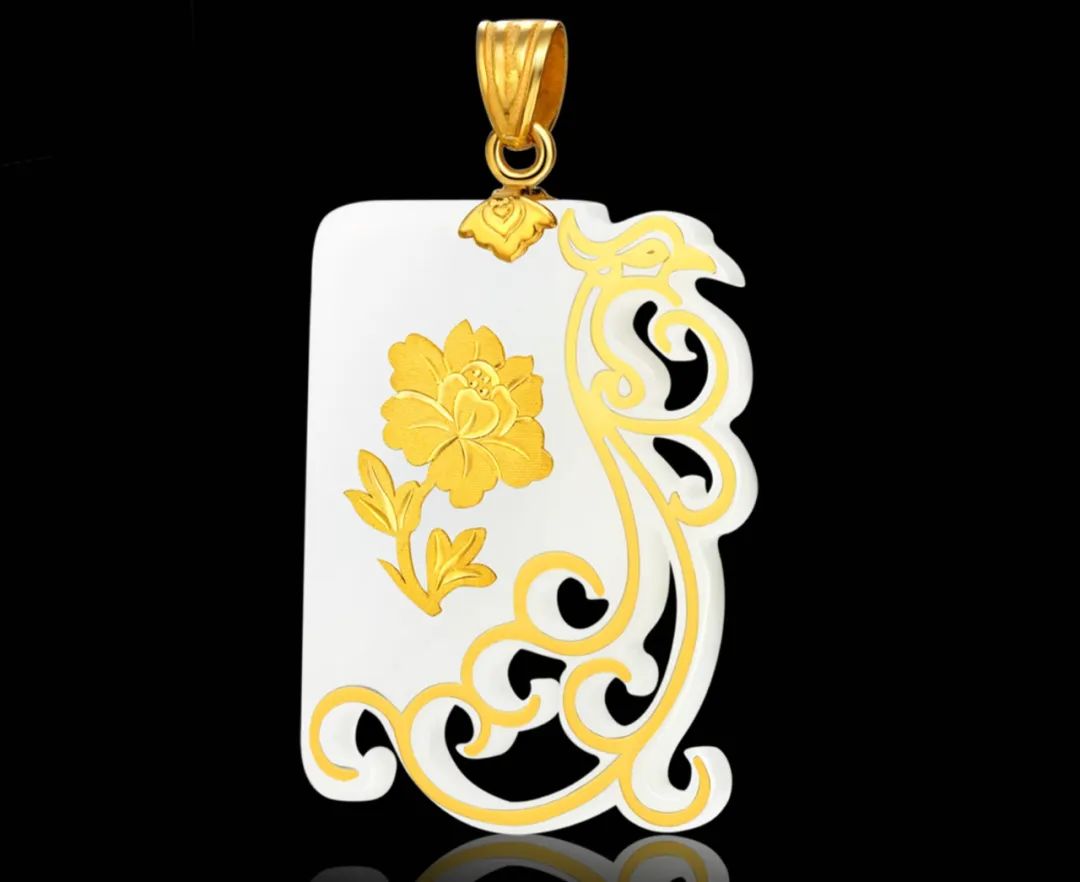 Source: Meizhou Daily
Source: Meizhou Daily
The origin of gold and silver craftsmanship can be traced back to the Zhou Dynasty, the Spring and Autumn Period and the Warring States Period. After combining with jade, this craftsmanship was widely used, and later flourished in Qin and Han Dynasties, prospered in Tang and Song Dynasties, and flourished in Ming and Qing Dynasties.
Based on bronze and beautiful jade, patterns and patterns are made of gold and silver wires (sheets), and the gold wires (sheets) are perfectly combined with the matrix through slotting, pressing wires and inlaying.
Putian red ball making skills
The Making Skills of Putian Red Tuans was published by Fujian Provincial People’s Government in January 2022 as the seventh batch of intangible cultural heritage list in Fujian Province.
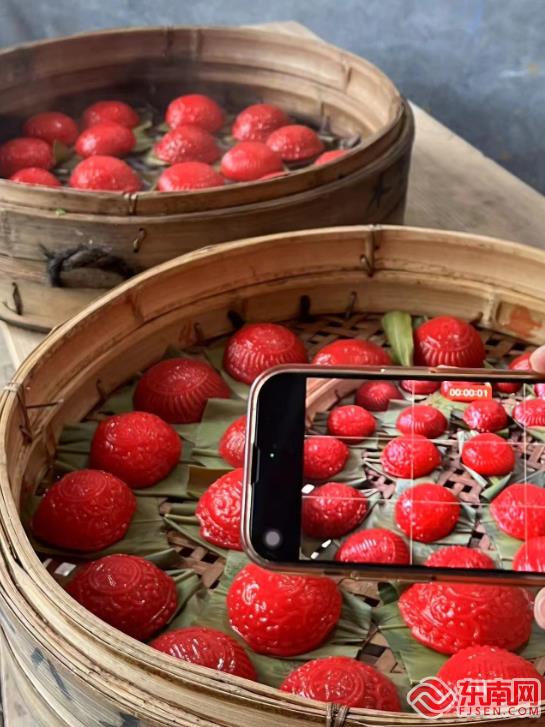 Steamed red balls show bright "New Year Red". Southeast Network reporter Chen Yushe
Steamed red balls show bright "New Year Red". Southeast Network reporter Chen Yushe
Putian Red League has been developing among the people for thousands of years. Red groups are characterized by auspicious culture, and are widely used in folk activities such as Spring Festival, Lantern Festival, full moon, birthday, wedding, housewarming, celebrating the red, worshiping and rewarding the gods.
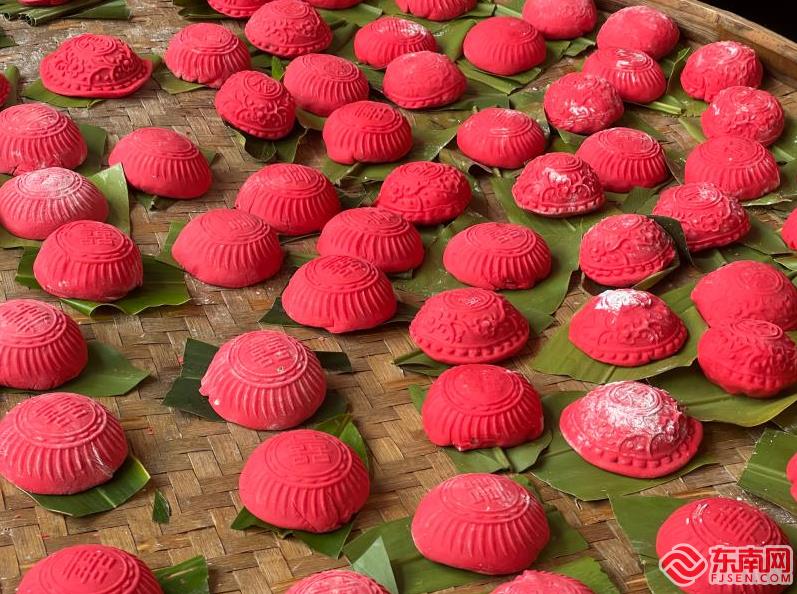 After the skin stuffing is wrapped into a round ball, it is put into a red ball impression and embossed to form a photo by Chen Wei, a reporter from Southeast Network.
After the skin stuffing is wrapped into a round ball, it is put into a red ball impression and embossed to form a photo by Chen Wei, a reporter from Southeast Network.
Red balls are round in shape, with red skin, glutinous rice stuffing, mung bean stuffing, mushroom lean meat stuffing, seafood stuffing, etc. Red ball impressions are generally printed with auspicious words or patterns such as blessing, luck, longevity and happiness.
White tea making technique
(Fuding white tea making skills)
Fuding white tea making technique was listed in the third batch of national intangible cultural heritage representative projects in 2021.
Fuding white tea is mainly produced in fuding city, Fujian Province, and has the reputation of "hometown of white tea". Its unique altitude, topography, soil and climate environment have natural conditions suitable for white tea production.
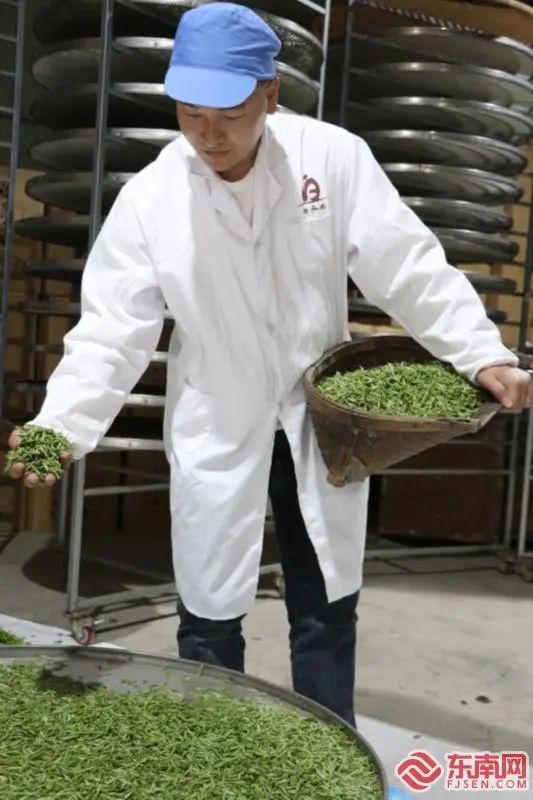 Tea farmers are drying white tea. Photo by Pan Yuerong, reporter from Southeast Network.
Tea farmers are drying white tea. Photo by Pan Yuerong, reporter from Southeast Network.
The medicinal value of white tea is extremely high. "Min Xiao Ji" contains: "Baihao Yinzhen, produced in Hongxue Cave in Taimu Mountain, is cold in nature and has the same merits as rhinoceros horn. It is the holy medicine for measles." Nowadays, white tea is known as "tea for one year, medicine for three years and treasure for seven years".
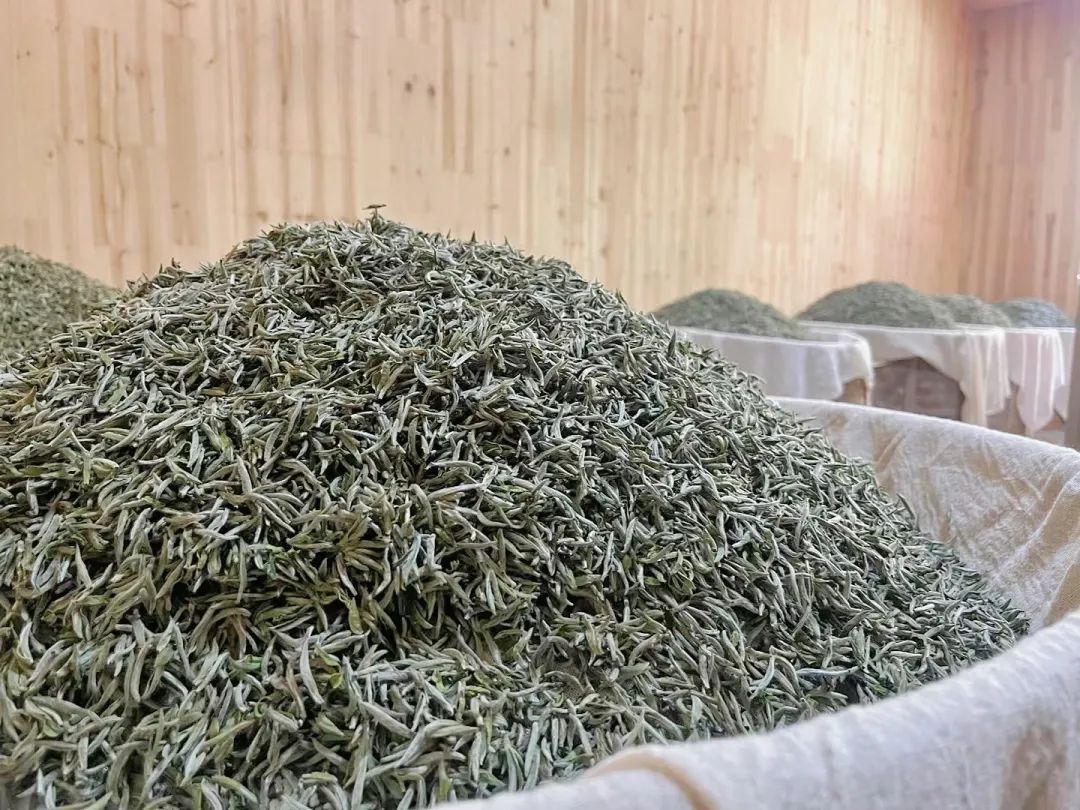 Wenhuo charcoal baking in the drying process Source: Southeast Network
Wenhuo charcoal baking in the drying process Source: Southeast Network
Marriage custom (she nationality marriage custom)
Marriage custom (She nationality marriage custom) was included in the fourth batch of national intangible cultural heritage representative project list expansion project list in 2014.
The She nationality in Xiapu retains the ancient custom, and the custom never leaves the song, which is fully manifested in the marriage custom: expressing feelings with songs, making friends with songs, expressing feelings with songs, and entertaining with songs-almost through the whole process from love to marriage. The wedding customs of the She nationality in Xiapu have a complete set of ceremonies, including marriage negotiation, engagement, "being a cousin", "being an in-laws" and getting married.
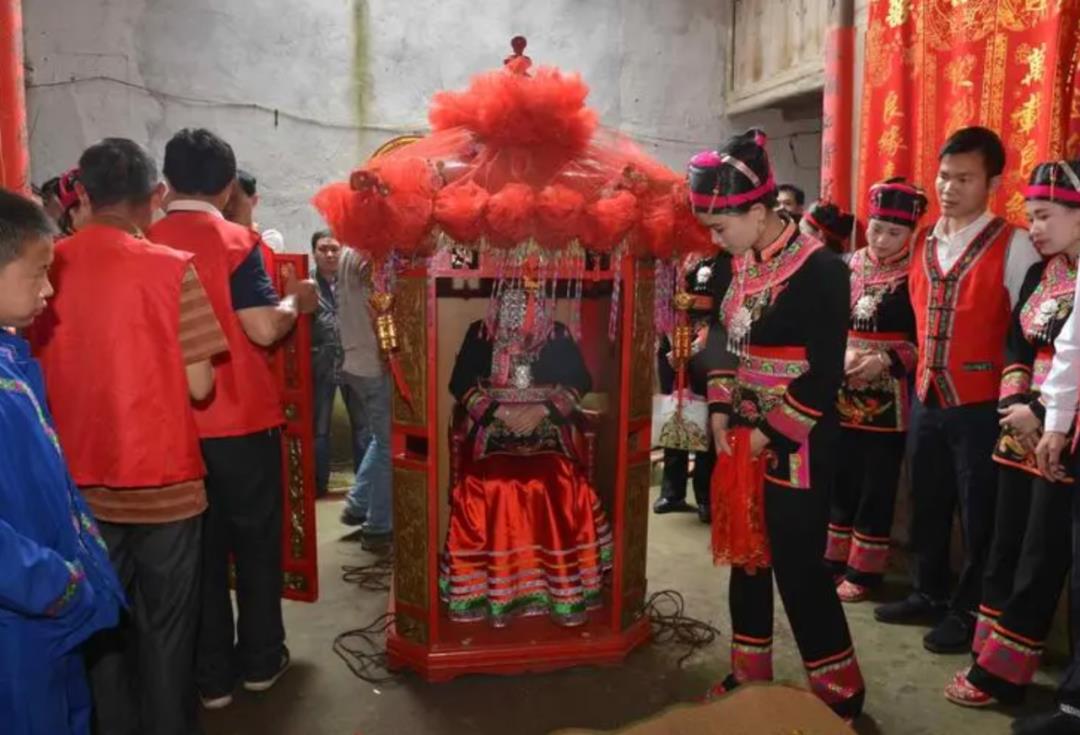 The wedding customs of She nationality Source: Fujian Archives
The wedding customs of She nationality Source: Fujian Archives
Except these
There are still many treasures in Fujian.
for example
 ? ?
? ? 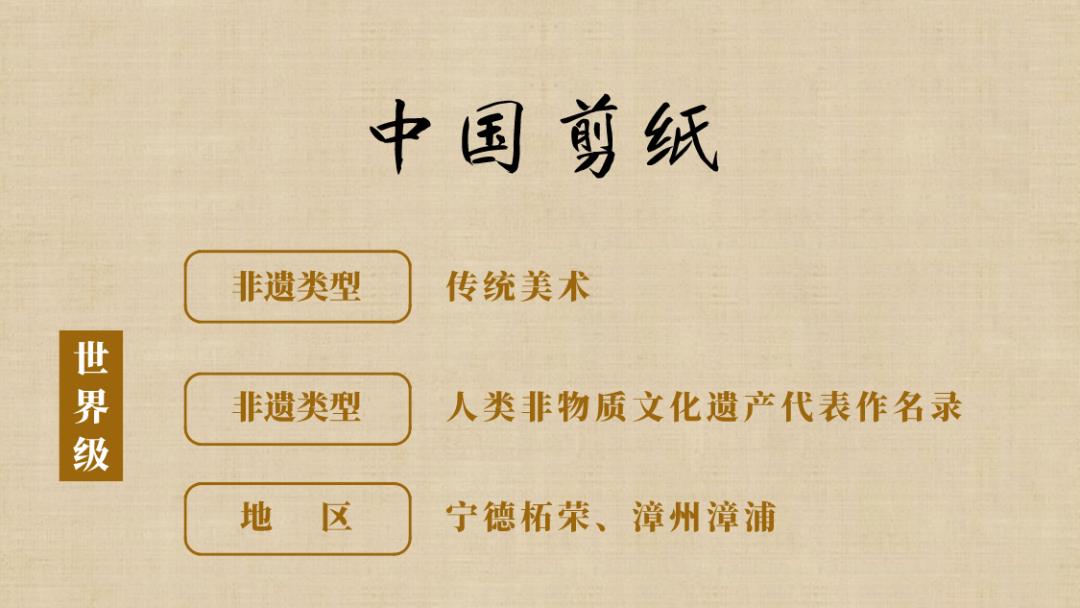
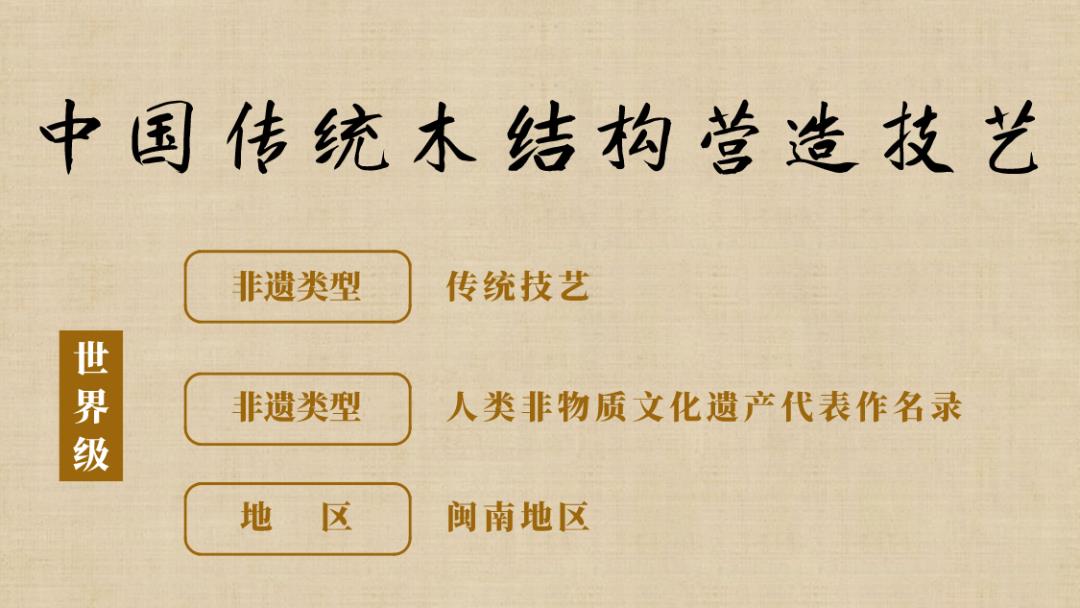
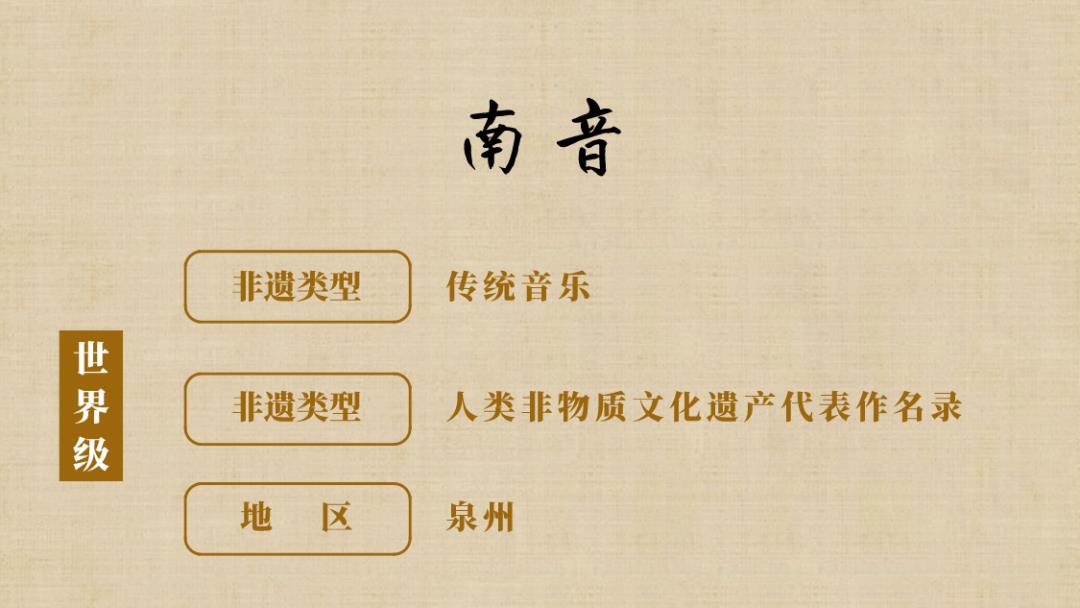
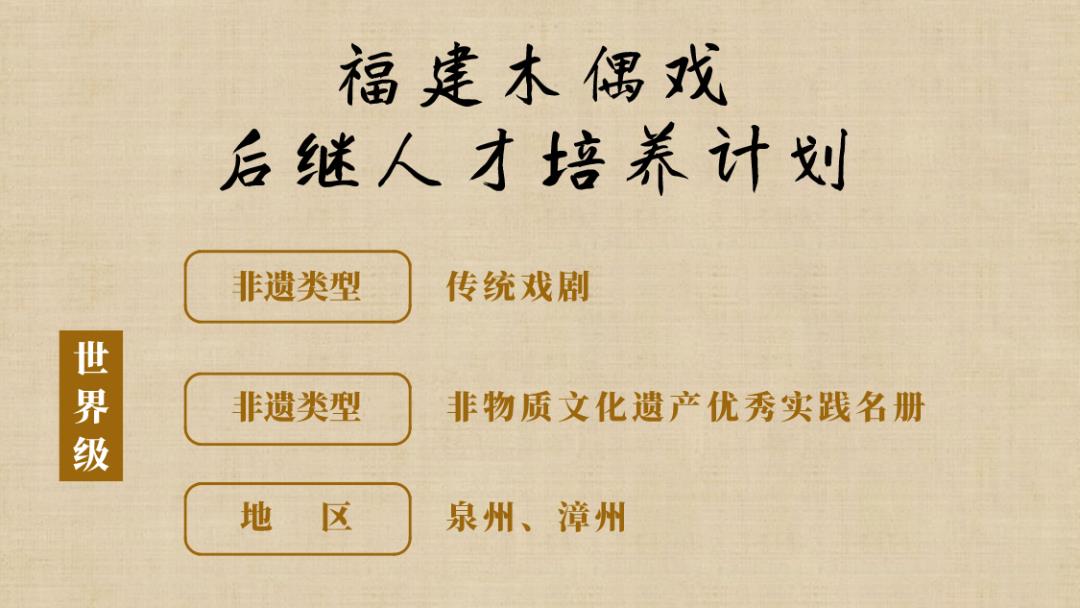
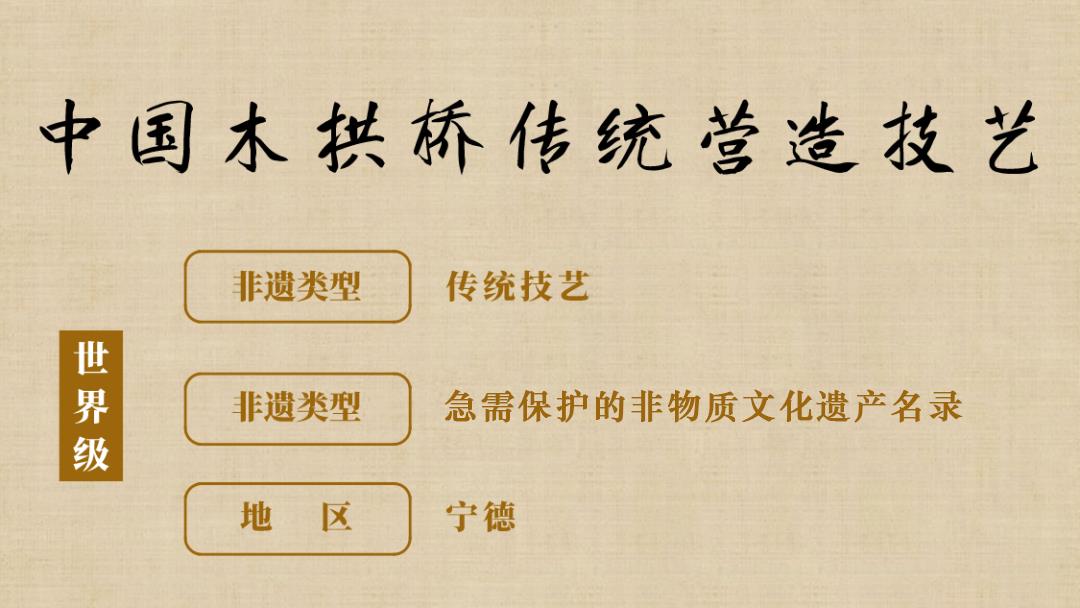
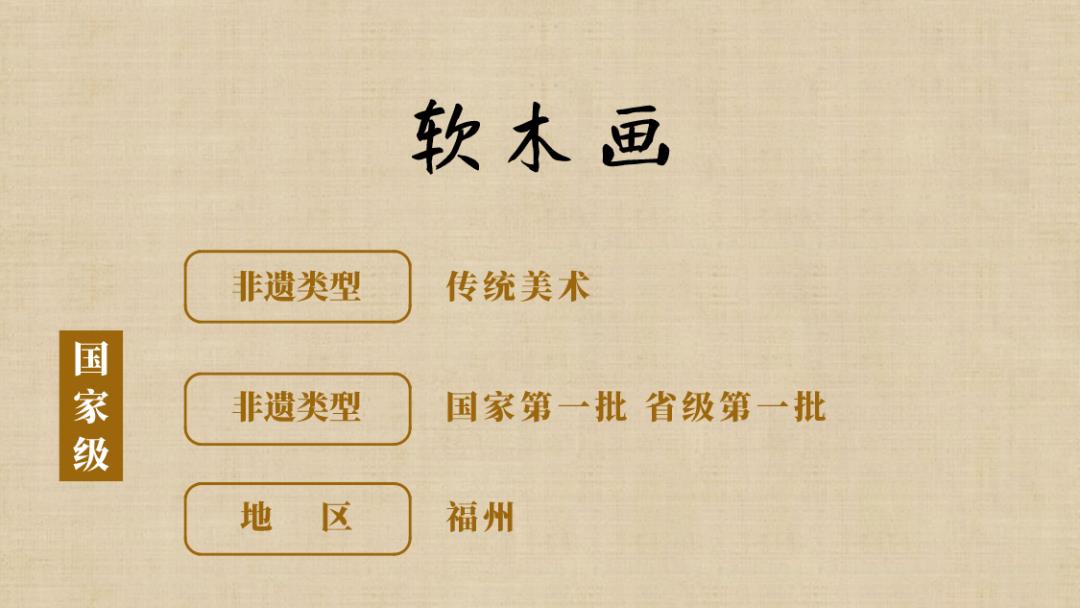
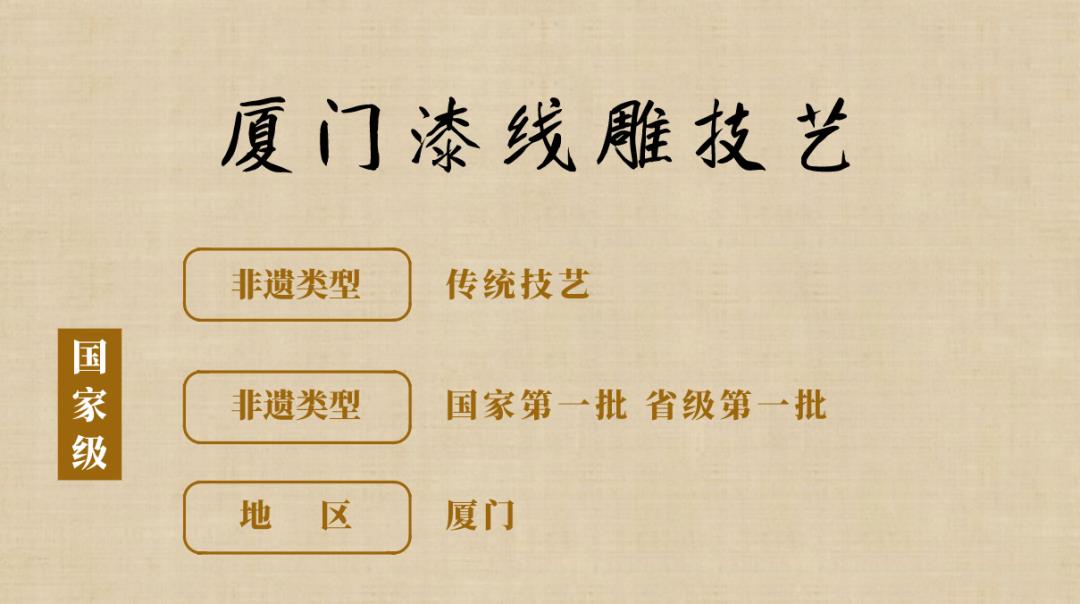
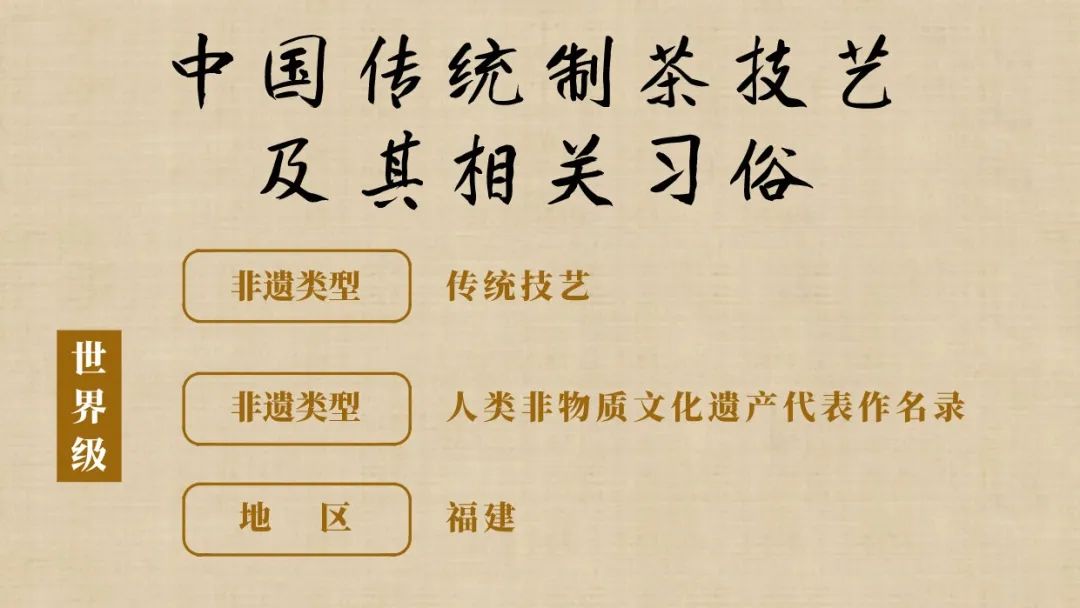
Colorful non-legacy culture, authentic Fujian customs, welcome friends from all over the country to Fujian, enjoy the blessing and be a blessed person.